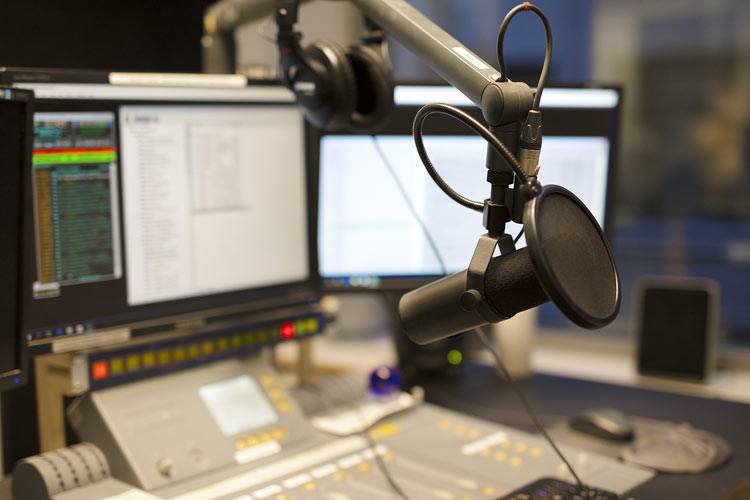Yes, you can trademark a sound as long as you use it to identify your brand and distinguish your goods or services in the marketplace. A sound trademark must be unique and capable of distinguishing the goods or services of one entity from another.

The NBC chimes are the most famous example of a sound trademark. Many companies utilize audio identities, jingles, and sound logos to establish brand recognition. For example, the MGM lion’s roar, Netflix’s “tudum” and the 20th Century Fox fanfare are distinctive sounds that have become well-known marks that bring to mind the brand immediately. While these trademarks are becoming more common, securing a sound mark can be challenging.
In early 2000, Harley-Davidson filed an application for a sound trademark to protect the distinct engine sound of their motorcycles. However, proving that the sound was uniquely associated with their brand proved difficult, leading them to withdraw the trademark application. This highlights the challenges in registering a sound mark, as the sound must not be a commonplace noise but one that consumers recognize as identifying a commercial origin.
How to Register a Sound Mark
Securing a trademark where sound is used requires demonstrating that the sound is distinctive and serves as an identifier for a product or service. The United States Patent and Trademark Office (USPTO) is more likely to approve a sound trademark if it can be graphically represented by musical notation or a sound file attached to the application. In the past, sonograms were not accepted, but reforms have made it easier to submit audio files instead of requiring graphical representation.
A sound trademark must be more than just a combination of sounds; it must uniquely identify the commercial origin of products or services and avoid consumer confusion. For example, an alarm clock sound or a dog barking would likely be considered too generic to be protectable unless it has acquired distinctiveness in connection with specific goods and services.
If you wish to register a sound mark, you must file an application for a sound trademark with the USPTO. An experienced intellectual property attorney can help ensure that your sound meets the distinctiveness criteria and successfully registers your sound mark.
Protecting Your Sound Trademark
Once a sound trademark is registered, it provides intellectual property protection and prevents others from using a confusingly similar sound in connection with similar goods and services. Like logos and slogans, sound trademarks serve as valuable brand assets that reinforce brand values.
If you want to trademark a sound, we highly recommend contacting us today so that our associates can evaluate the strength of your audio identity and guide you through the intellectual property law process.
Common Trademark Topics for Musicians
- Trademarks for musicians – 5 things to know
- Trademarking sheet music
- Trademarks and t-shirts
- Trademarking a song
- Trademarking a stage name
- Trademarks for YouTube channels
- Trademarking social media usernames
- Trademarking a hashtag

